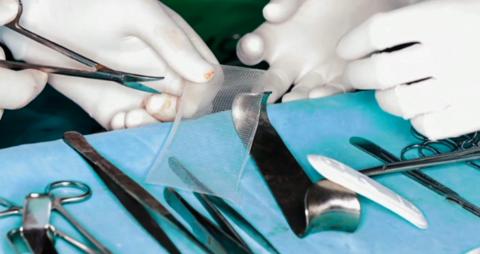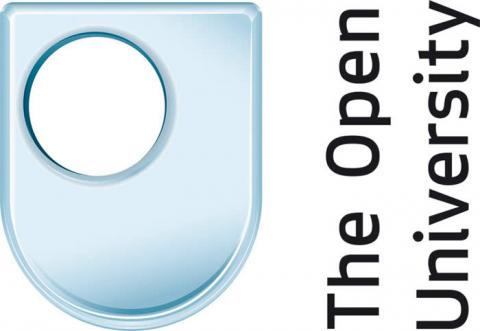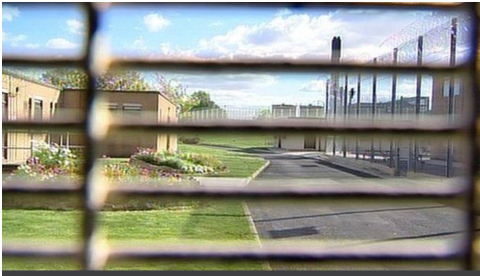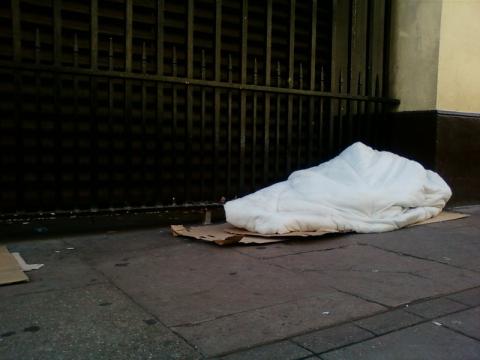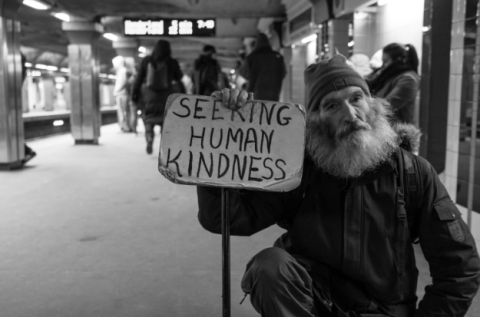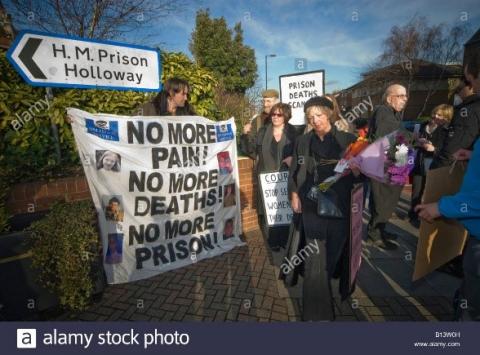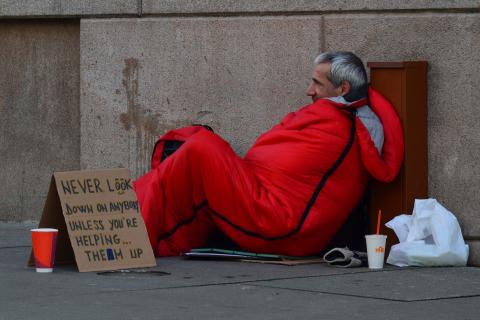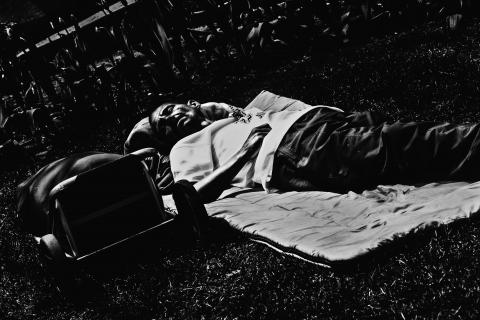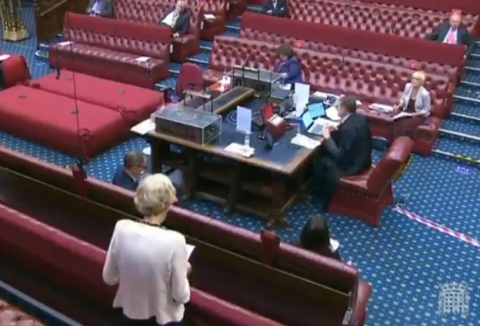Blog
In this series of blogs, HERC takes a multidisciplinary approach to exploring harmful evidence and evidencing harm. We consider the roles of harm and crime, uses and abuses of evidence in criminal justice and criminalisation to de-criminalisation.
** All views in the blogs are the author’s own.
-
Mesh: Denial, half-truths and the harms
In this article, Sharon Hartles critically discusses the harmful impacts of mesh medical devices against the backdrop of disempowerment, denial and half-truths. Sharon Hartles was awarded an MA in Crime and Justice (with distinction) from The Open University and is a member of the Harm and Evidence Research Collaborative.
20th March 2021 -
Launch of The School of Psychology and Counselling's Research Centre
The School of Psychology and Counselling at the Open University will launch its new School research centre on Tuesday 6th July. Please find more information on this here.
23rd February 2021 -
Reflections on COVID-19, Prisons and Legal Activism
In todays blog, Dr. David Scott, The Open University, and Prof. Joe Sim, Liverpool John Moores University, reflect upon COVID-19, Prisons and Legal Activisim.
22nd February 2021 -
Brexit, migration and homelessness: the new terrain
In this article, Sharon Hartles and Dan McCulloch explore the potential impact of new immigration rules for non-UK nationals sleeping rough in the UK. Sharon Hartles was awarded an MA in Crime and Justice (with distinction) from The Open University and is a member of the Harm and Evidence Research Collaborative (HERC), and Dan McCulloch is a Lecturer in Criminology and Social Policy at The Open University.
3rd February 2021 -
Homelessness beyond criminalisation: Surviving in a global pandemic
Sharon Hartles critically reflects on the year 2020 and explores the shifting approach towards rough sleepers within an unprecedented global pandemic. Sharon Hartles was awarded an MA in Crime and Justice (with distinction) from The Open University and is a member of the Harm and Evidence Research Collaborative (HERC).
20th January 2021 -
Demanding a new agenda: what must be done to stop women dying in prison?
In todays blog, Dr Kathryn Chadwick and Dr Becky Clarke, from Manchester Metropolitan University, discuss what must be done to stop women dying in prison.
15th January 2021 -
Lessons from Covid-19: It’s time for a radical approach to homelessness and housing policies
Daniel McCulloch and Dr Victoria Cooper explore the current situation regarding homelessness and housing policy. The Government has shown they can tackle homelessness during Covid-19, so what will they do next?
23rd November 2020 -
No place like home: Prisons and homelessness
The homeless and especially those who are rough sleepers, comprise a disproportionate number of people in prison in England and Wales. Dr David Scott looks at why prisons and the streets are not a replacement for a true home.
18th November 2020 -
Primodos: The next steps towards Justice
In this article, Sharon Hartles critically examines the journey so far towards the implementation of the remaining eight recommendations set out in the landmark publication of the Medicines and Medical Devices Safety Review First Do No Harm report in July 2020. Furthermore, she explores the wider impacts this publication has set into motion. Sharon Hartles was awarded an MA in Crime and Justice (with distinction) from The Open University in December 2019 and is a member of HERC.
10th November 2020 -
Remembering and forgetting the Woolf Report
In this blog, Dr David Scott offers a critical appraisal of the legacy of the Woolf Report. The blog argues that whilst Woolf was heralded at the time of publication, it is a dated and limited approach to the penal crisis and the activists and practitioners looking for radical change should engage with the voices of prisoners, ex-prisoners and the families of prisoners in the present struggle.
28th September 2020

